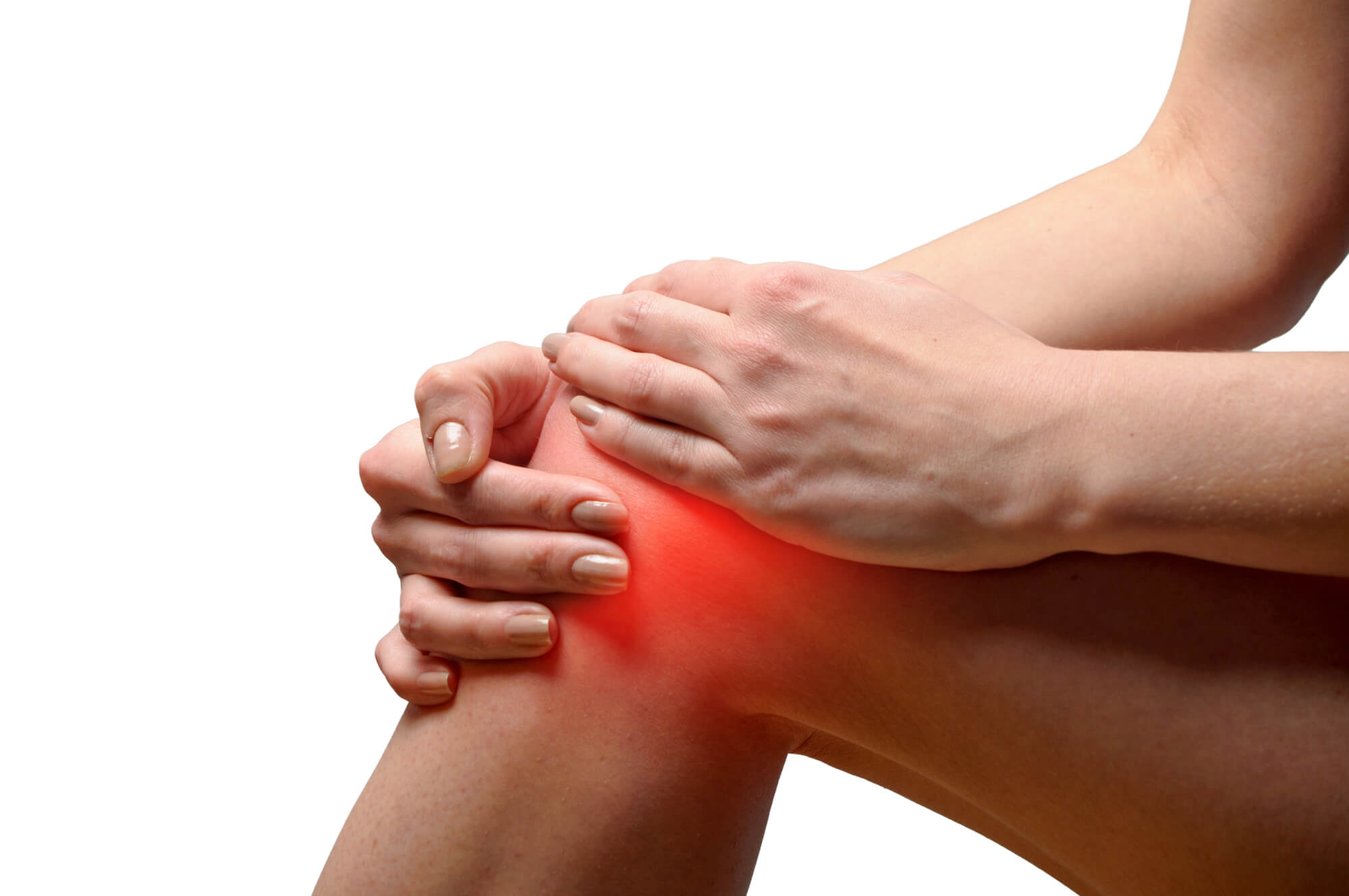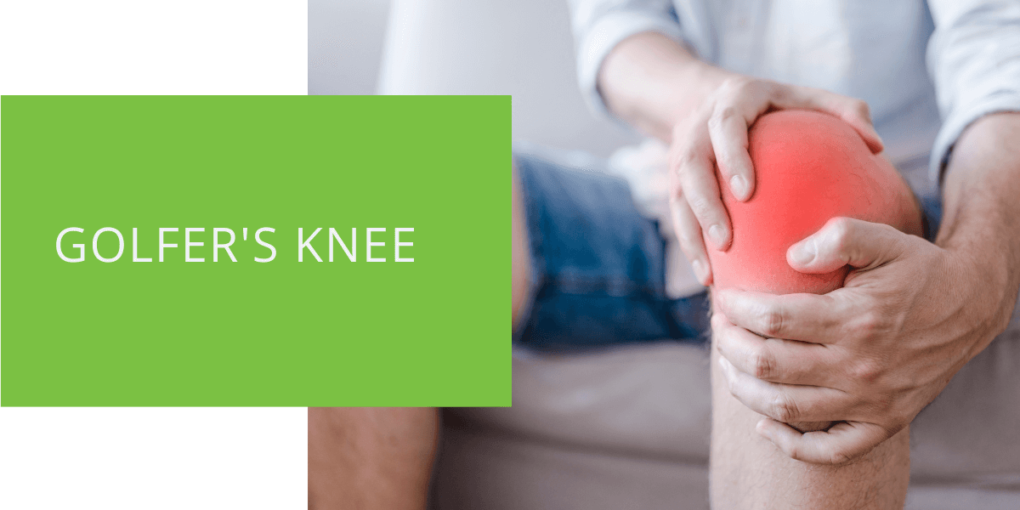Understanding Golfer’s Knee: A Guide to Diagnosis and Treatment
Golf is a fantastic sport providing physical activity and relaxation on the green. However, like any physical activity, it comes with its fair share of potential injuries, and one that plagues many golfers is "Golfer's Knee." This comprehensive guide will delve deep into this condition, exploring its causes, symptoms, diagnosis, and treatment options to help you maintain a healthy knee joint while enjoying your time on the golf course.
Key Takeaways
- Golfers can experience knee pain and injuries due to the repetitive motion and torque generated during the golf swing, leading to ligament injuries, meniscus tears, and osteoarthritis.
- Accurate diagnosis through orthopaedic assessments and diagnostic imaging is crucial. Treatment options range from non-surgical approaches like rest, physical therapy, and medications to surgical options like ligament repair and knee replacement.
- Preventing Golfer's Knee is key. Strengthening exercises, proper warm-up and cool-down routines, and suitable footwear can help golfers protect their knee health and enjoy the game pain-free.
What is a Golfer's Knee?
Golfer's Knee is a term used to describe the pain and discomfort that golfers experience, primarily in the knee joint. While golf may not be as physically demanding as some sports, the repetitive motion of the golf swing, combined with the potential for overuse, can put significant stress on the knee joint. This stress can lead to various injuries, including ligament strains, meniscus tears, and even arthritis.
The Mechanics of Golf and Knee Stress
To understand why golf can lead to knee pain, it's essential to examine the mechanics of the golf swing. During the swing, a golfer generates power from the ground up, transferring force from the legs through the hips and torso and into the arms. This kinetic chain of motion places tremendous pressure on the knees, particularly the lead knee (usually the left knee for right-handed golfers).
The golf swing involves complex movements that can cause the knee joint to twist, turn, and torque in ways it is not naturally designed for. Over time, this can lead to micro-injuries in the knee joint's ligaments, meniscus, and cartilage.
Common Golf-Related Knee Injuries
Ligament Injuries in Golf
Golfers often experience ligament injuries in the knee due to the torque generated during the swing. The most commonly affected ligament is the anterior cruciate ligament (ACL). A sudden twist or overuse can lead to ACL strains or tears, causing pain and instability in the knee.
Meniscus Tears and Golf
The meniscus is a wedge-shaped cartilage in the knee joint that acts as a cushion and helps with stability. The repetitive twisting and bending in golf can lead to meniscus tears, resulting in pain, swelling, and limited mobility.
Osteoarthritis in Golfers
Over time, the cumulative stress on the knee joint can lead to osteoarthritis. This degenerative condition can cause chronic pain, stiffness, and reduced mobility, affecting a golfer's ability to enjoy the game.
Hamstring Strain: Affecting Knee Stability
The hamstrings are crucial in stabilizing the knee during the golf swing. An overstrained hamstring can lead to instability and discomfort in the knee joint, affecting your performance on the course.

Diagnosing Golfer's Knee
Accurate diagnosis is crucial for effective treatment. If you experience persistent knee pain while playing golf or afterward, it's essential to consult a medical professional. An orthopaedic assessment will involve a thorough physical examination, which may include tests to evaluate ligament and meniscus function.
In some cases, diagnostic imaging such as X-rays or MRI scans may be necessary to identify the extent of the injury and plan the appropriate treatment.
Treating Golfer's Knee
Non-Surgical Approaches
Rest, Ice, Compression, Elevation (RICE)
The RICE protocol can help reduce inflammation and relieve mild knee pain. Resting the knee, applying ice, compression with a bandage, and keeping the leg elevated can alleviate discomfort.
Physical Therapy and Rehabilitation
Physical therapy plays a crucial role in strengthening the muscles around the knee, improving stability, and promoting proper biomechanics during the golf swing.
Medications for Pain and Inflammation
Over-the-counter or prescription medications may be recommended to manage pain and inflammation. However, they are typically part of a broader treatment plan.
Surgical Options
In more severe cases, surgical intervention may be necessary:
Meniscus and Ligament Repair
Orthopaedic surgeons can repair or reconstruct damaged ligaments or meniscus, restoring stability and function to the knee joint.
Knee Replacement
For advanced cases of osteoarthritis, a knee replacement may be considered. This surgical procedure can provide long-term relief and improved mobility.
Preventing Golfer's Knee
Prevention is often the best strategy when it comes to Golfer's Knee. Here are some tips to protect your knee health while enjoying golf:
Strengthening Exercises for Knee Stability
Engage in specific exercises that target the muscles around the knee joint, enhancing stability and reducing the risk of injury.
Proper Warm-up and Cool-down Techniques
Before hitting the course, perform proper warm-up exercises to prepare your body for the golf swing. Cooling down afterward can help reduce post-game stiffness.
The Role of Footwear in Preventing Knee Injuries
Wearing appropriate golf shoes with good arch support can contribute to lower body stability and reduce the risk of knee strain.
Conclusion
At ePodiatrists, we understand the importance of knee health for golfers. Our experienced team of podiatrists specializes in diagnosing and treating Golfer's Knee and other golf-related injuries. We're dedicated to helping you enjoy the sport you love without the burden of knee pain.
Don't let Golfer's Knee affect your game. Schedule an appointment with ePodiatrists today, and let us help you confidently get back on the course.
Power comes from the ground up in golf, and a healthy knee joint is crucial to that equation. Take care of your knees; they will support your passion for golf for years.

